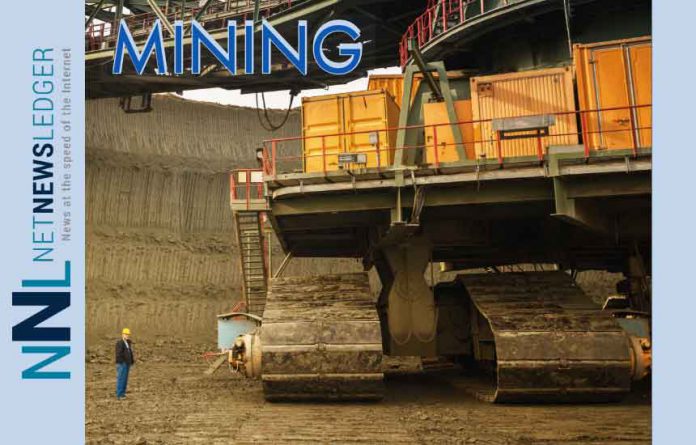THUNDER BAY – BUSINESS – The Ontario government has announced new measures to protect the province’s 29,000 mine workers. The measures include introducing new ventilation requirements in underground mines and lowering the exposure to harmful diesel exhaust to the most protective levels in North America. Long-term exposure to diesel exhaust can cause lung cancer in miners.
“Miners have been the backbone of Ontario’s economy for generations, and we owe it to them and their families to do more to keep them safe,” said Monte McNaughton, Minister of Labour, Immigration, Training and Skills Development. “These everyday heroes are critical to the future of our great province, and I’m proud that our changes today will save lives.”
The government is also allowing the use of track-mounted robots in mines to increase safety. These specialized machines have high-definition cameras and will be controlled by an operator to identify loose rocks, misfired explosives, and other safety hazards while keeping workers out of danger.
“I come from a proud mining family, and keeping workers safe has always been a top priority, but we can do better,” said George Pirie, Minister of Mines. “As our government helps companies build more mines, we need to attract the best and brightest to work in this exciting sector. These changes send the message that you can find safe, rewarding careers in Ontario’s mining industry.”
The new amendments respond to calls from unions for a reduction of diesel particulate miners can be exposed to underground and follow recommendations from the Mining Health, Safety and Prevention Review and recent coroner’s inquests.
The changes expand on the ground-breaking actions introduced by the government in the Working for Workers Act, 2023, which proposes new health and safety protections for workers, including fines for withholding passports, better protections for remote workers during mass terminations, and job-protected leave for military reservists. They also build upon recent regulatory amendments to require women’s-only washrooms on construction sites and to expand cancer coverage for firefighters.
Myles Sullivan, Director of USW District 6, said, “Today is a good day for Steelworkers and all other workers in mining who have been fighting for such a long time to make the underground air in their workplaces less dangerous. The Minister’s announcement is important for improving workplace safety because there is a level of risk that these workers face every time they start a shift, and anytime we can lower that risk, it’s a good thing.”
Janice Hobbs Martell, Founder of McIntyre Powder Project, said, “Clean air and a healthy work environment are fundamental to worker health. Having witnessed the devastation of occupational disease on my dad and the McIntyre Powder Project mine workers, it is very encouraging to see this significant shift toward providing cleaner air for these workers.”
Jason Bubba, Chief Operating Officer of NORCAT, said, “As an organization with a long history rooted in promoting health and safety in the global mining industry, NORCAT welcomes the introduction of new rules aimed at improving the safety of Ontario’s mine workers. These changes will help to reduce risks and hazards in underground mines, contributing to a safer working environment for all.”
The regulatory amendments will come into effect on July 1, 2023, with others in effect on September 1, 2023, allowing employers time to comply. The new exposure limit to elemental carbon will be a time-weighted average exposure of not more than 0.12 milligrams per cubic meter of air, instead of 0.4 milligrams per cubic meter of air based on total carbon. Ontario has approximately 5,000 operating mines, with about 12,000 miners working below ground.







